Indications:
● Gastroesophageal Reflux Disease (GERD): For the treatment of symptomatic GERD and for the healing of erosive esophagitis.
● Risk Reduction of NSAID-Associated Gastric Ulcer: Nexium is indicated to decrease the risk of developing gastric ulcers associated with NSAID use.
● H. pylori Eradication: To reduce the risk of duodenal ulcer recurrence, Nexium may be used in combination with antibiotics for the eradication of H. pylori.
● Pathological Hypersecretory Conditions: Including Zollinger-Ellison syndrome.
Patient Guidelines
Patients prescribed Nexium should:
● Take Nexium at least one hour before meals, ideally in the morning.
● Swallow capsules whole with water; do not crush, chew, or open them.
● For patients who have difficulty swallowing, Nexium capsules can be opened, and the granules mixed with water and taken immediately.
● Be aware of potential side effects and interactions with other medications.
Administration Details
How to Use Nexium:
● Oral Administration: Nexium is most commonly taken by mouth, once a day, typically one hour before a meal.
● Dosage Forms: Available in delayed-release capsules and as an oral suspension.
Dosage:
● The dosage of Nexium varies based on the patient's condition, age, and response to treatment.
Safety Precautions
● Pregnancy and Lactation: The use of Nexium during pregnancy and lactation should be considered only if the potential benefits outweigh the risks.
● Long-term Use: Long-term use of Nexium, like other PPIs, may be associated with increased risks of bone fractures and deficiency of magnesium or vitamin B12.
Drug Interactions
Nexium can interact with:
● Certain antiretrovirals, anti-fungal medications, and other drugs metabolized by liver enzymes.
● Clopidogrel: Nexium can reduce the effectiveness of clopidogrel, a heart medication.
● Methotrexate: Patients taking high doses may require adjustments in their methotrexate dosage.
|

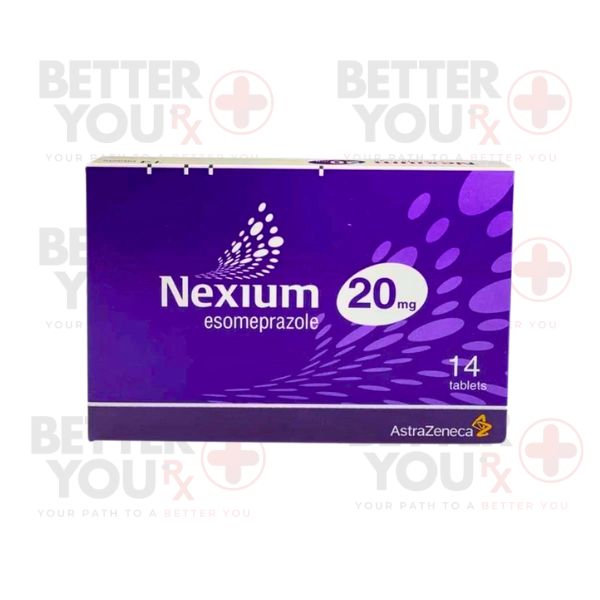
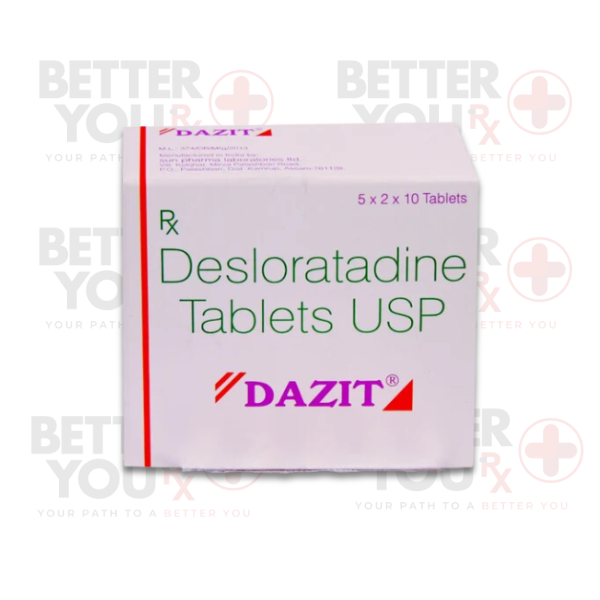
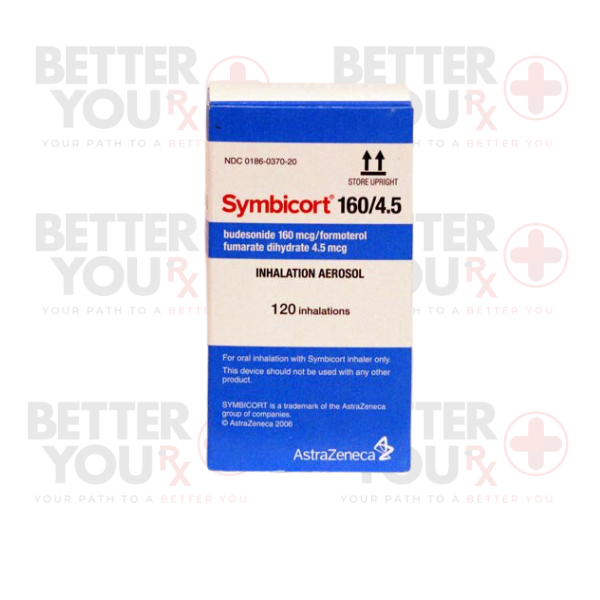
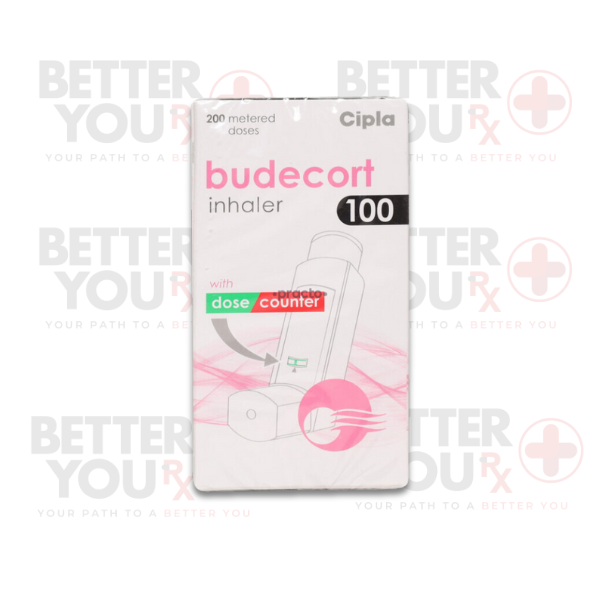
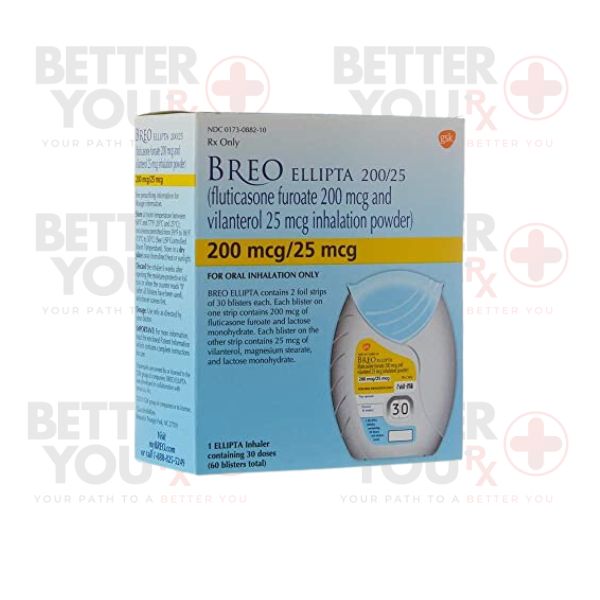
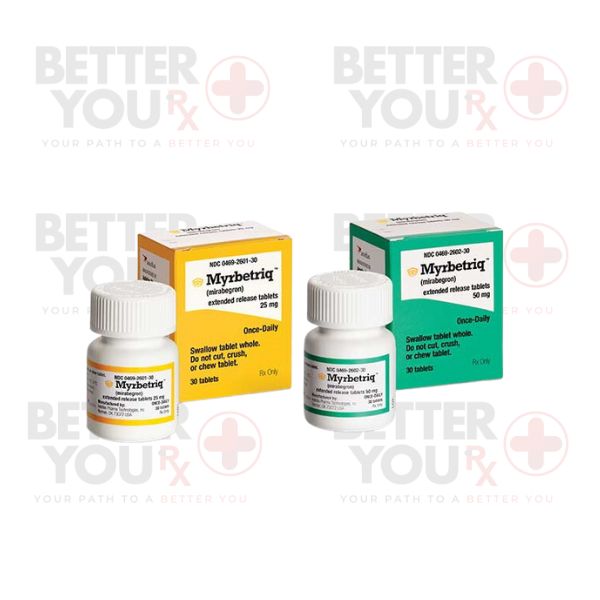

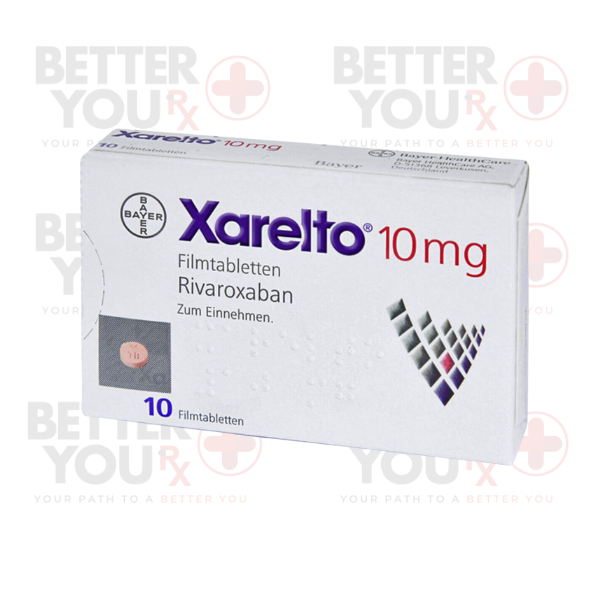
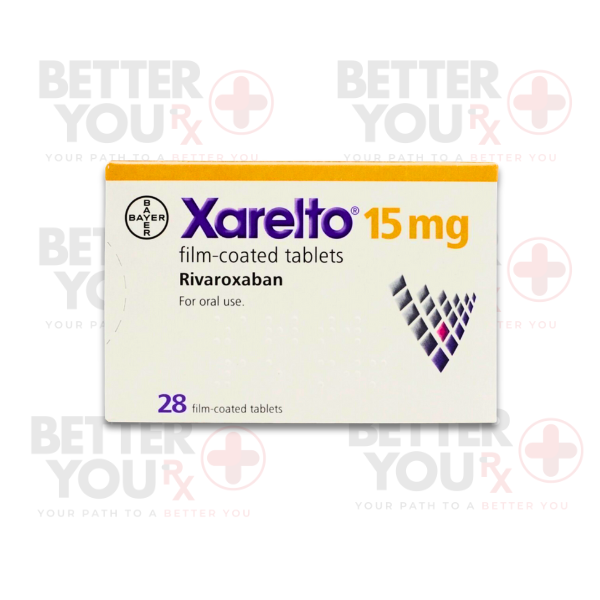

Reviews
There are no reviews yet.